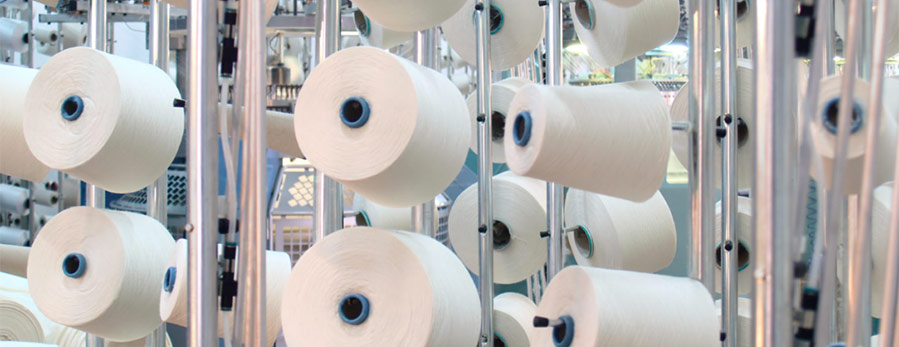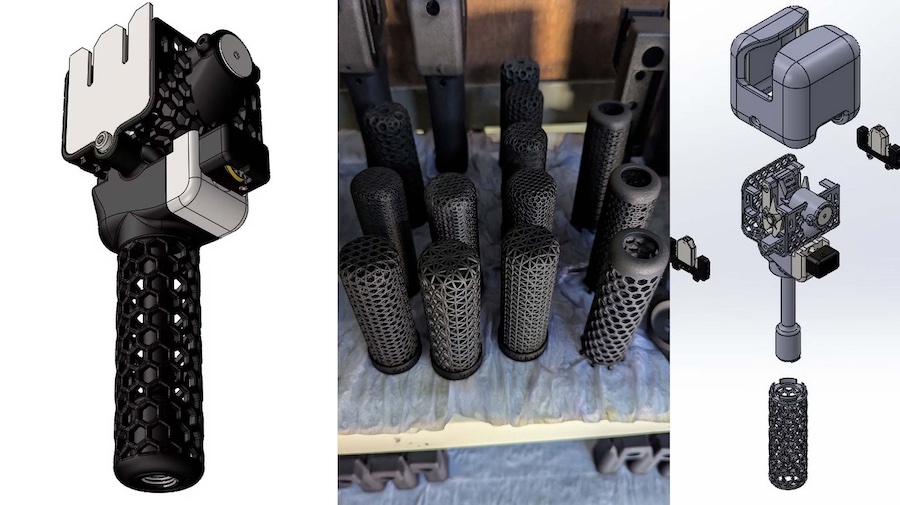#Associations
EURATEX calls for an effective EU Industrial strategy to counterbalance the effects of the pandemic

Economic data for 2020 in EURATEX Spring Report show preoccupying trends. Figures reflect a dramatic contraction in demand and production: EU turnover contracted by -9.3% in textiles (which is in line with the general manufacturing average) and by -17.7% in clothing, compared with 2019. Furthermore, supply chain disruptions and substantial price increases of some raw materials are putting significant pressure on the T&C industries across Europe. The trade deficit for European textiles and clothing jumped from € -47 bln in 2019 to € -62 bln in 2020, an increase of more than 30%, which is almost entirely due to the import of Chinese face masks and related products. Fortunately, more recent figures from the 1st quarter of 2021 indicate some signs of recovery.
That figure illustrates very well today’s political discussions on the future of the European industry. Many European companies have made considerable efforts to adapt their production to the pandemic, but clearly this was not enough. Whether the production cost in Europe is too high or the EU should adapt its procurement rules, the industry needs have a coherent long-term plan to become more competitive and conquer new markets.
EURATEX General Assembly highlighted the critical role of the new EU Industrial Strategy. The inclusion of textiles and clothing in the fourteen ecosystems is a step in the right direction to consolidate the industrial base but we should look also at the global challenges. European companies should continue investing in innovation, design and quality, in combination with a structural move towards more sustainable textiles. At the same time, the EU should create an environment - both inside the Single Market and globally - where everybody plays by the same rules.
“We should build a transition pathway which is based on an honest dialogue between the industry and policy makers, ensuring an effective level playing field” commented President Alberto Paccanelli. “I am also glad that TEKO, the Swedish Association for textiles and fashion companies, became again one of our members. It is sign that the industry is united. It is now time that the EU institutions deliver on their promises”.














